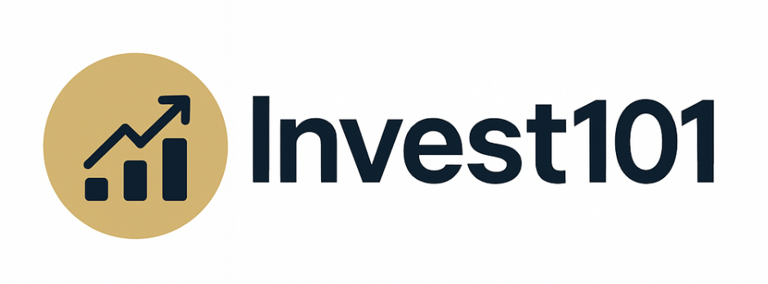Should I Use Leverage? Weighing the Risks and Rewards
Leverage, the use of borrowed money to amplify investment exposure, is one of the most powerful and dangerous tools in finance.
7/14/20252 min read


Leverage, the use of borrowed money to amplify investment exposure, is one of the most powerful and dangerous tools in finance. It can magnify gains. But it can also magnify losses, sometimes catastrophically. Whether you're considering margin trading, leveraged ETFs, or borrowing to invest in real estate or a business, it's worth asking: Should I use leverage?
Let’s break it down.
What Is Leverage?
In simple terms, leverage allows you to control more assets than you could with just your own money. For example, borrowing $10,000 against $5,000 of your own capital gives you 2x leverage.
Leverage is used in:
Stock trading (via margin accounts)
Real estate (mortgages)
Options & futures
Leveraged ETFs
Business financing
Potential Benefits
1. Amplified Returns
If your investment moves in your favor, leverage boosts your return. For example:
A 10% gain on a $10,000 leveraged position with $5,000 of your own money = 20% return.
2. Access to Larger Opportunities
Leverage can help you invest in assets (like property or business inventory) you couldn’t otherwise afford upfront.
3. Capital Efficiency
It frees up capital for diversification or other uses—if used wisely.
The Risks
1. Amplified Losses
Leverage cuts both ways. A 10% drop on that same $10,000 position results in a 20% loss on your own capital.
2. Margin Calls or Liquidation
With margin trading or leveraged ETFs, a small price drop may trigger forced selling at a loss.
3. Emotional Stress
Leverage adds pressure. Even small price moves feel extreme, which often leads to panic decisions.
4. Hidden Costs
Interest payments on borrowed funds or daily rebalancing costs (in leveraged ETFs) can erode returns over time.
When Might Leverage Make Sense?
Use leverage only if:
You have strong conviction and a defined exit plan
You understand the mechanics and risks of the instrument
You’re financially stable and can afford to lose the entire leveraged portion
It’s part of a professional or hedged strategy, not speculation
When to Avoid It
Avoid leverage if:
You're new to investing or trading
You don’t fully understand how margin, interest, or stop-outs work
You’re emotionally reactive to volatility
You don’t have a financial buffer or emergency fund
“Using leverage without a risk management plan is like driving a sports car with no brakes.”
Final Thought
Leverage is not inherently bad. It’s a tool, neutral in nature, but powerful in impact. Used with discipline, knowledge, and risk controls, it can enhance performance. Used recklessly, it can destroy wealth.
Before you use leverage, ask: Am I enhancing strategy, or gambling with amplified risk?
Invest101.blog
Articles and resources for smart investing.
Contact
contact@invest101.blog
© 2025. All rights reserved.
